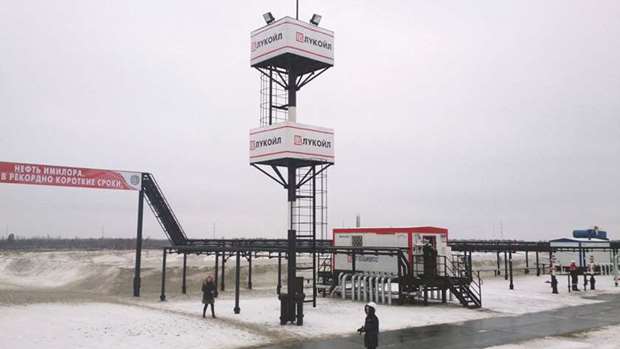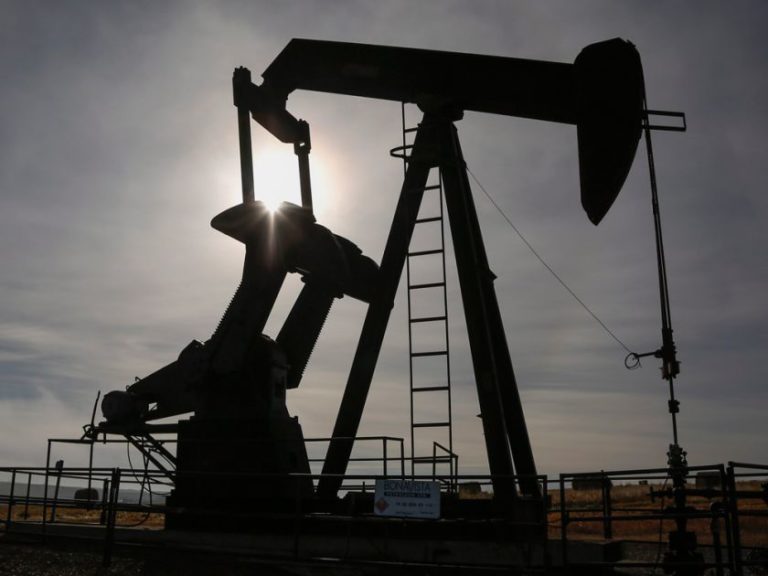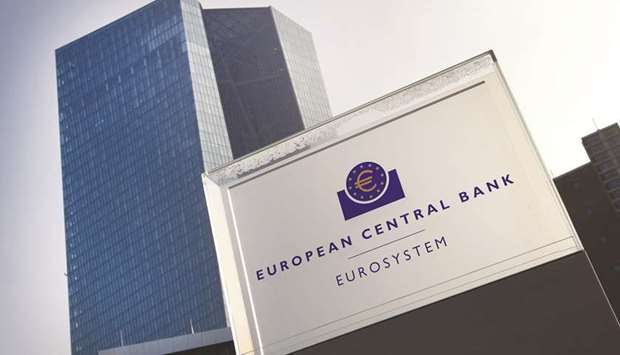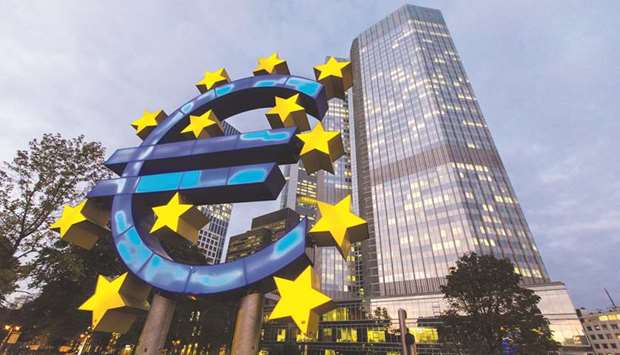The statements, opinions and data contained in the content published in Global Gas Perspectives are solely those of the individual authors and contributors and not of the publisher and the editor(s) of Natural Gas World.
European Commission Takes Aim at Qatar’s LNG Contracts
- Japan Fair Trade Commission‘s recent market study on clauses in LNG SPAs indicates that agreements may run afoul of Japanese antimonopoly laws.
- European Union (EU) cases may provide guidance on the application of competition law to destination clauses, diversion clauses, profit-sharing clauses and take-or-pay clauses.
- The European Commission (EC), having just concluded its seven-year investigation into Gazprom, has opened an investigation into “destination clauses” in Qatar Petroleum’s LNG supply agreements with EEA importers.
- Previous EC investigations into destination clauses in LNG and pipeline gas agreements suggest that commitments from Qatar Petroleum are a more likely outcome than a fine.
- The investigation is likely to conclude sometime in the next three years, unless the Qatar government decides to become more involved in the investigation.
Summary
The European Commission’s (EC) current investigation into Qatar Petroleum is likely to have a major impact on Qatar Petroleum’s LNG supply agreements with European Economic Area (EEA) importers. Based on previous EC investigations into LNG contracts and neighbouring gas markets, Qatar Petroleum appears likely to settle the investigation with the EC in exchange for a commitment (or a “common understanding” with the Qatar government, depending on the extent of its involvement) to remove any territorial restriction clauses from Qatar Petroleum’s LNG contracts with EEA importers.
Qatar Petroleum is unlikely to receive a fine from the EC (which technically could be up to 10% of its worldwide turnover), unless it is later found to have breached its settlement agreement with the EC. We do not expect an imminent outcome in this investigation, with a likely time frame being circa 18 months on the short end, extending to circa three years at the long end. However, the time frame could become very unpredictable if the Qatar government decides to become more involved in the investigation.
The EC Investigation into Restrictions to the Free Flow of Gas Sold by Qatar Petroleum in Europe
The EC has launched an investigation into whether supply agreements between Qatar Petroleum companies exporting LNG and European importers have hindered the free flow of gas within the EEA through so-called “destination clauses.” According to reports, the EC is looking into at least three types of destination clauses:
- clauses that stop cargoes from being diverted to another terminal;
- clauses that restrict the list of countries that they can sell the LNG on to;
- clauses that limit the volumes of LNG that can be diverted.
The investigation currently involves concerns in relation to both Article 101 (ban on anticompetitive agreements) and Article 102 (prohibition on the abuse of a dominant market position) of the Treaty on the Functioning of the European Union (EU). We are not aware of any other companies being investigated alongside Qatar Petroleum, which has, in turn, stated that it will cooperate with the investigation.
Qatar Petroleum is EU’s largest seaborne gas supplier, accounting for 40% of the EU’s overall LNG imports (and much more in some Member States). The EC press release states that Qatar Petroleum’s long-term agreements (typically 20 or 25 years) for the supply of LNG into the EEA contain direct and/or indirect territorial restrictions on EEA importers’ freedom to sell the LNG to alternative destinations within the EEA. Destination clauses have historically been a fixture of long-term LNG deals that tie buyers to receiving shipments at a specific port, thereby preventing cargo diversions that could undercut Qatar Petroleum in a third market.
It is unclear whether clauses containing so-called “profit-sharing mechanisms” (which, the EC has previously considered, act as a restraint on cross-border resale of LNG) are also being investigated. While “take or pay” clauses under the LNG agreements are understood not to be under investigation, reports have noted that these clauses amplify the perceived harm to EEA importers from restricting their ability to resell LNG across borders (by forcing Member States to pay for a fixed amount of LNG even when there is insufficient demand or storage space). The scrutiny of destination clauses intensifies under these circumstances, since they prevent the onward sale of this excess LNG to other Member States.
Reports suggest that one focus of the investigation will be whether the complexities of the LNG market (compared with pipeline supply of gas in, e.g., Gazprom—discussed in further detail below) justify the use of destination clauses. Qatar Petroleum will be well aware of the EC’s history in investigating destination clauses in LNG contracts. Between 2002 and 2007, the EC investigated Nigeria’s NLNG and Algeria’s Sonatrach (AT.37811), the second and third largest LNG suppliers to the EU after Qatar Petroleum. The EC settled both investigations, with NLNG and Sonatrach each committing to ending the use of territorial sales restriction clauses in contracts with EEA importers. While the EC’s approach (i.e., targeting specific companies) is narrower than, e.g., Japan’s (which took an industry-wide approach by banning the use of destination clauses in LNG contracts – discussed in further detail below), commentators have noted that, if the EC does not find a justification for destination clauses in LNG contracts in the current investigation, then this would likely have implications for the wider European LNG market as well.
The current investigation into Qatar Petroleum was formally launched under the EC’s own initiative, although we cannot exclude the possibility that the investigation has also been motivated by receipt of third-party complaints. However, according to reports, the EC sent out questionnaires in relation to LNG markets in Spain, France and the United Kingdom as early as 2016. The EC is also understood to have engaged in extensive consultation with Japan’s Ministry of Economy, Trade and Industry in recent months to explore the impact of destination clauses on gas market development and price transparency, which may have helped build the EC’s case against Qatar Petroleum.
The EC Internal Energy Market
The current investigation falls within several broader EU priorities. The EU is taking steps on the one hand to remove territorial restrictions across the EU Single Market (including in energy markets) and; on the other hand, to diversify the EEA’s energy supply away from monopolistic companies that are prone to commercial expediency or external political influence, undermining the EEA’s energy security.
The EC’s Follow-up Study on LNG and Storage Strategy (2017) noted that “There was, perhaps, in the early stages of the industry, a reason for putting destination clauses into LNG contracts. Because of the boil off nature of LNG, cargoes need to be in transit for as short a time as possible. Traditionally, buyers, sellers and financiers all needed to know that when a cargo left the liquefaction terminal, it would go directly to a regasification terminal without delay and with a guaranteed reception. In the early days of the LNG industry, when there was no spot market to send cargoes to, it perhaps made sense for both parties to agree to destination clauses so as to minimise risk and attract the project financing. It is not so clear now though why destination clauses have been maintained, except perhaps for a certain inertia in the industry. According to EU competition rules, destination clauses are anti-competitive and for this reason they have already been removed from some contracts for LNG sales to Europe.”
The EC also signed a memorandum of co-operation with Japan (the world’s largest importer of LNG) last year whereby the two countries agreed to commit to ending the use of destination clauses in LNG contracts. Later that year, the Japan Fair Trade Commission announced an industrywide ban on the destination clause or restriction on buyers in any new LNG contracts (see link to our previous article on the JFTC ban here).
Gas Market Investigations
The EC concluded its seven-year investigation into Gazprom (AT.39816, 2011-2018) last month. That investigation included concerns that Gazprom imposed territorial restrictions in its supply agreements with EEA wholesalers and industrial customers. The restrictions included export bans and clauses requiring the purchased gas to be used in a specific territory (i.e., destination clauses) and other measures that prevented the cross-border flow of gas.
In response, the EC imposed binding obligations on Gazprom by way of a decision on 24 May 2018 (see the EC’s press release in relation to the decision here), requiring Gazprom to remove all territorial contractual barriers to the free flow of gas within the internal market, regardless of whether they make cross-border sales impossible or merely financially less attractive, and prevented Gazprom from reintroducing such clauses in the future. While no fines were imposed, the EC noted that, “If a company breaks any of these obligations, the Commission can impose a fine of up to 10% of the company’s worldwide turnover, without having to prove an infringement of EU antitrust rules.”
We note that, due to contemporaneous Russian-European relations we cannot rule out that political concerns may have played a role. Other enforcement actions in neighbouring gas markets include investigations against Statoil and Norsk Hydro (now merged and known as Equinor, in 2002), Eni (2003 and 2005), GDF (now Engie, 2004) and E.ON Ruhrgas (now Uniper, 2005).
There have also been national investigations into gas markets. For instance, the U.K. investigated the domestic bulk LPG market in 2004-2006. However, this investigation related to barriers to domestic households switching LPG suppliers and did therefore not involve an EU internal market element relevant to the Qatar Petroleum investigation.
Conclusion
Based on the previous investigations discussed above, it appears that Qatar Petroleum could settle the investigation, allowing it to escape a fine of up to 10% of its worldwide turnover. However, Qatar Petroleum may likely face a commitment decision requiring it to remove all destination clauses from current contracts with EEA importers and preventing it from imposing any new destination clauses in the future. A breach of these commitments would, in turn, increase the risk of the EC imposing a fine of up to 10% of Qatar Petroleum’s worldwide turnover.
As the EC press release notes, there is no legal deadline within which the EC must conclude its investigation. By way of indicative timing, we note that, while the EC took seven years to conclude its investigation into Gazprom, that was a seemingly more complex investigation involving several allegations of anticompetitive conduct in addition to the use of destination clauses. The Qatar Petroleum investigation, however, appears to be limited to destination clauses.
The EC did not publish a launch date for its LNG investigations into NLNG and Sonatrach, so we cannot say with certainty how long it took to conclude these. What is clear is that the time frames can vary significantly, since we know that the investigation into Sonatrach lasted some five years longer than the investigation into NLNG. Based on its previous experience from these investigations, the EC is well-equipped to handle the Qatar Petroleum investigation, and it could be expected to deliver a quicker result – this could involve a settlement within the next two years. The investigation is likely to conclude at the earliest in about 18 months with three years being a likely long-end time frame.
We note, however, that the Sonatrach investigation, which lasted for at least five years, technically culminated in a “common understanding” between the EC and the Algerian government (as opposed to a settlement between the EC and Sonatrach). We cannot exclude a similar EC-to-government outcome in the Qatar Petroleum investigation, which would render the time frame less predictable.







